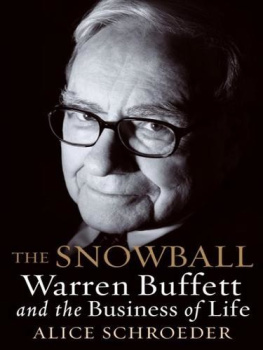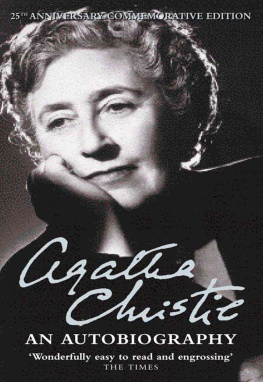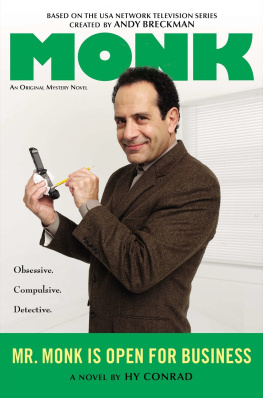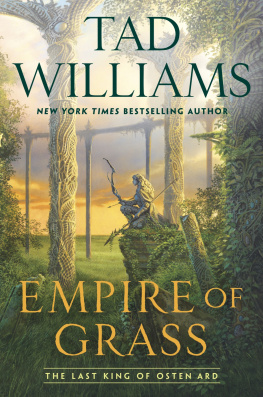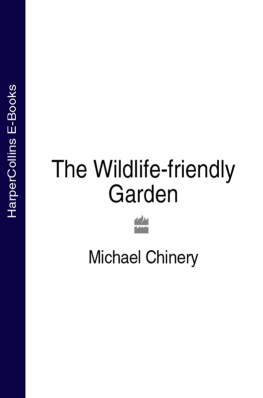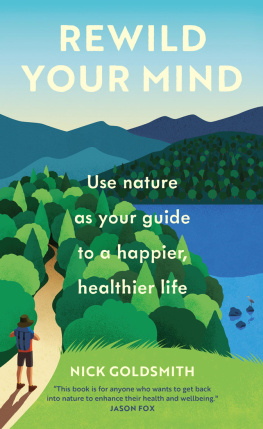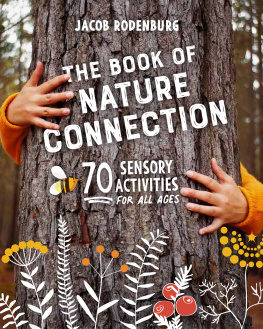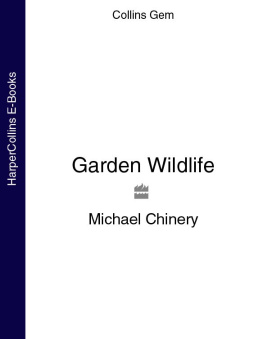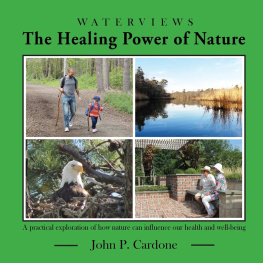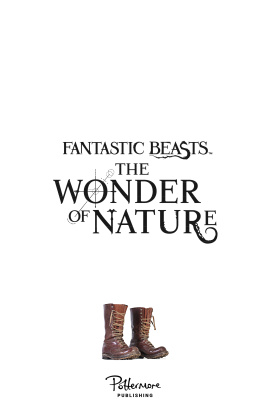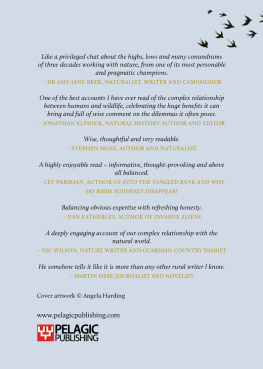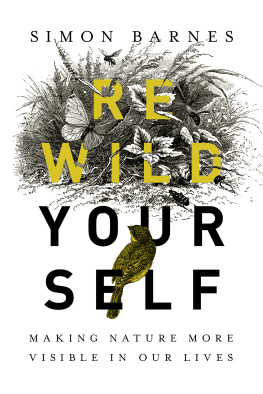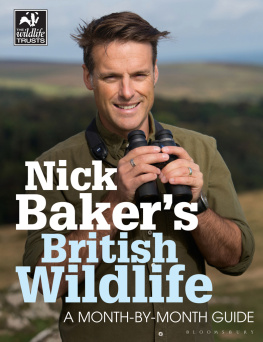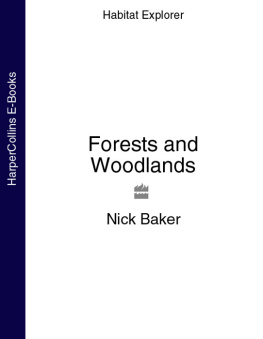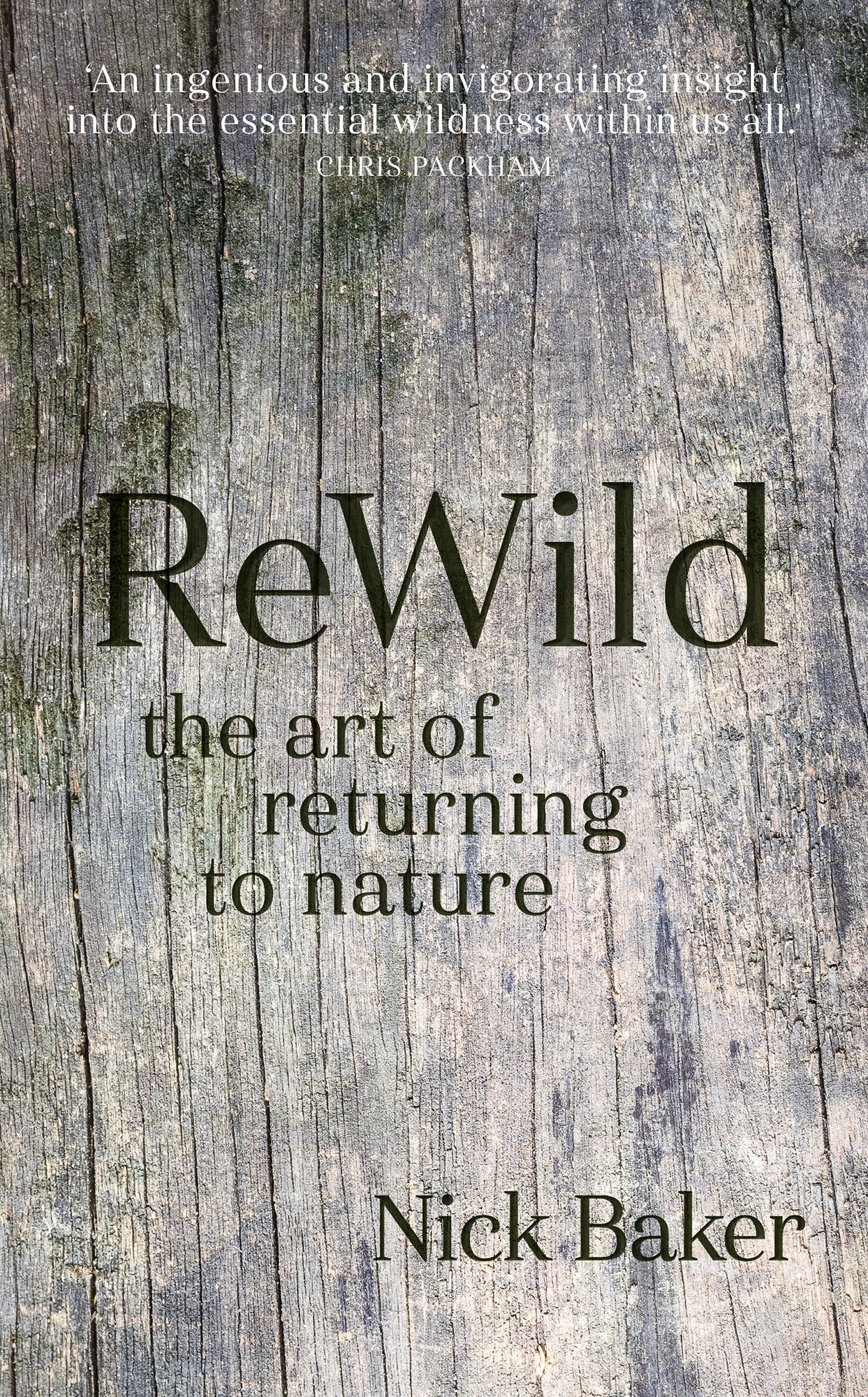ReWild
the art of returning to nature
Nick Baker

We need to preserve the wilderness and its monarchs for ourselves, and for the dreams of children. We should fight for these things as if our life depended upon it because it does.
Wayne Lynch, Bears: Monarchs of the Northern Wilderness
INTRODUCTION:
Stripped Bear
E VERYTHING SEEMED so familiar. It was as if I was looking at all I surveyed through a lens that blurred the specifics. If I squinted and peered out through scrunched eyes, I could be at home in England. It was only when I opened them wide that I could see that the details were slightly awry. I was on a well-trodden footpath, devoid of plants and polished from regular use. I was standing under an alder, one in a thicket of wizen, dwarfish trees that enclosed the track in a dark natural tunnel, their branches stretched and interlocking like thoughtful fingers a couple of metres overhead, occasionally loosely enough to let pools of limpid light through, spotlights on what lay beneath.
At home, some five thousand miles away, I would refer to this sort of habitat as carr: a stunted woodland where the trees, adapted to the sodden soils, send their roots twisting and coiling into the soggy mulch of water and fallen leaves at their feet.
A couple of metres above the stagnant quag, reflected in the oily water puddling on the surface, warblers of various species, as difficult to identify as they are at home, furtively flossed the leaves and cragged bark for minute morsels of invertebrate life.
But when I picked up and inspected a fallen leaf between forefinger and thumb, or managed more than a snatch of a glimpse of a warbler, I found that they were different in form and feather. Saw-like serrations edged the leaves and was that a touch of black on that green warblers head?
This new view was a world that was somehow amplified and distorted, an increased vibrancy and scale with a twisting of perspective. It was both my childhood Sussex wood and alien at the same time. Then a berry caught my eye, glowing like an LED light in amongst the dimpsy autumnal greens and browns, illuminated in a pool of escaped light.
It looked a bit like a raspberry. It followed the general specifications of raspberries, although it was almost certainly a different species to the well-loved Rubus idaeus the European raspberry that inhabited my berry patch at home. Something was telling me to pluck this strange berry from its receptacle.
When the salmon-pink berry willingly parted from its core, I was able to judge, by smell and touch, how ripe it was and, despite the voices of cultural conditioning in my head the voices of my parents, aunts, uncles, teachers and many others of authority in my life telling me not to put fruits unknown into my mouth, I did. A much bigger authority told me it was fine.
It was good, so good. As the scarlet drupelets burst between my teeth, they released a natural sugar rush. It dawned on me that the sweetness was on many levels. I had satisfied in a very small way something deep within me. I had seen, felt, tasted and smelt as a real animal, as a human animal; my latent aboriginal self had assessed the situation and had told modern, conditioned me that this was fine. No books, field guides or websites were consulted. If there was a risk that I had got it wrong, then that, also, was surely part of this most primeval thrill.
Then, just before I could get carried away with the moment and stuff yet another berry into my mouth, another moment, slightly more pressing this time, rudely barged its way to the fore.
My guide in this wild place, which was so far from my real home, pushed me slowly and urgently back off the path, his hand on my chest and his hushed tones demanding my complete attention. My survival instinct was piqued, the mood had changed, and something was about to take all my thoughts and ideas and, in one instant, reorder them. Taste buds to terror in a split second.
All senses stretched as far as they could, the cones of my retinas grasping at any photon of light struggling through the thick-leafed ceiling overhead. My intuition was desperate for information that might give me some kind of a clue as to what was shuffling along the long, dark, gloaming tunnel created by the trees ahead.
Hairs were actually prickling on my neck, all neurons were firing. Then, barely perceivable at first, I heard it: a low rumbling, deep and visceral; a distant thunderstorm rolling closer. I could feel this force of nature approach through the quaking ground, through the air thick with moisture.
When my eyes finally focussed on the hulk and they were able to decipher the dark fur from the dour foliage in the twilight, I felt a primeval jolt, unlike anything Id ever felt before. A direct connection with everything that was and is now. A genetic memory maybe?
A bear bowled along, passing us by just a couple of metres. It barely turned to register us: it had a place it needed to get to; a better berry patch than mine maybe? Food to turn to fat. The only thing that matters here in Alaska in the winter, in the world of a bear, is survival. A couple of humans didnt fit into this particular bears pre-winter season preparation and it had other things to preoccupy its mind.
I, however, didnt. My head was filled with bear; how could it not be? I could see, hear, smell, feel, almost taste bear every primeval link, every neuron I possessed, woke up in an instant. Was I scared? Perhaps for just a modicum of a moment I was, as my central nervous system rallied around to find sense. Did I want to run? Not really. I was truly in the moment.
It was something my alternative (some would call them hippy) friends were always talking about, but which I had never really understood until that particular moment. I felt so completely and utterly alive. I had, for that brief moment, completely and utterly connected with the natural world around me in a way that made complete sense. For the first time in my life, I got it. In an instant, that bear taught me what wild meant and in a few seconds focussed my entire person and made sense of every natural experience I have ever had.
My epiphany had a bear in it. Kind of appropriate, given its cultural and symbolic significance among peoples who still have an intimate relationship with nature. Many North American cultures consider bears to be spirit animals and they represent a strong grounding force, pulling us back down to the soil, keeping us in touch and in balance with the earth and with each other, as well as providing us with strength and courage to stand up against change and guiding us towards physical and emotional healing.
Some say bear holds the teachings of introspection. When it shows up in your life, pay attention to how you think, act and interact. The bear is considered to be an animal that forms a bridge between night and day, strength and peace, the spiritual and the physical.
This my bear had provided me with a sudden insight into a deep-rooted connection with an ancient wisdom. It had rocked me to my core and from that moment on my relationship with nature of any kind changed forever.
I had experienced the penumbra of this feeling before. As if the fingers of nature and my wild side had reached out and never quite touched, as if my conscience hadnt quite grasped the wild in my life. As a child I had walked in an East Sussex wood at night, unaware of the fact that the landscape was a man-broken, tame shadow of its former self. In my eight-year-old head, the anthropogenic nature of all of my nature hadnt yet registered.


